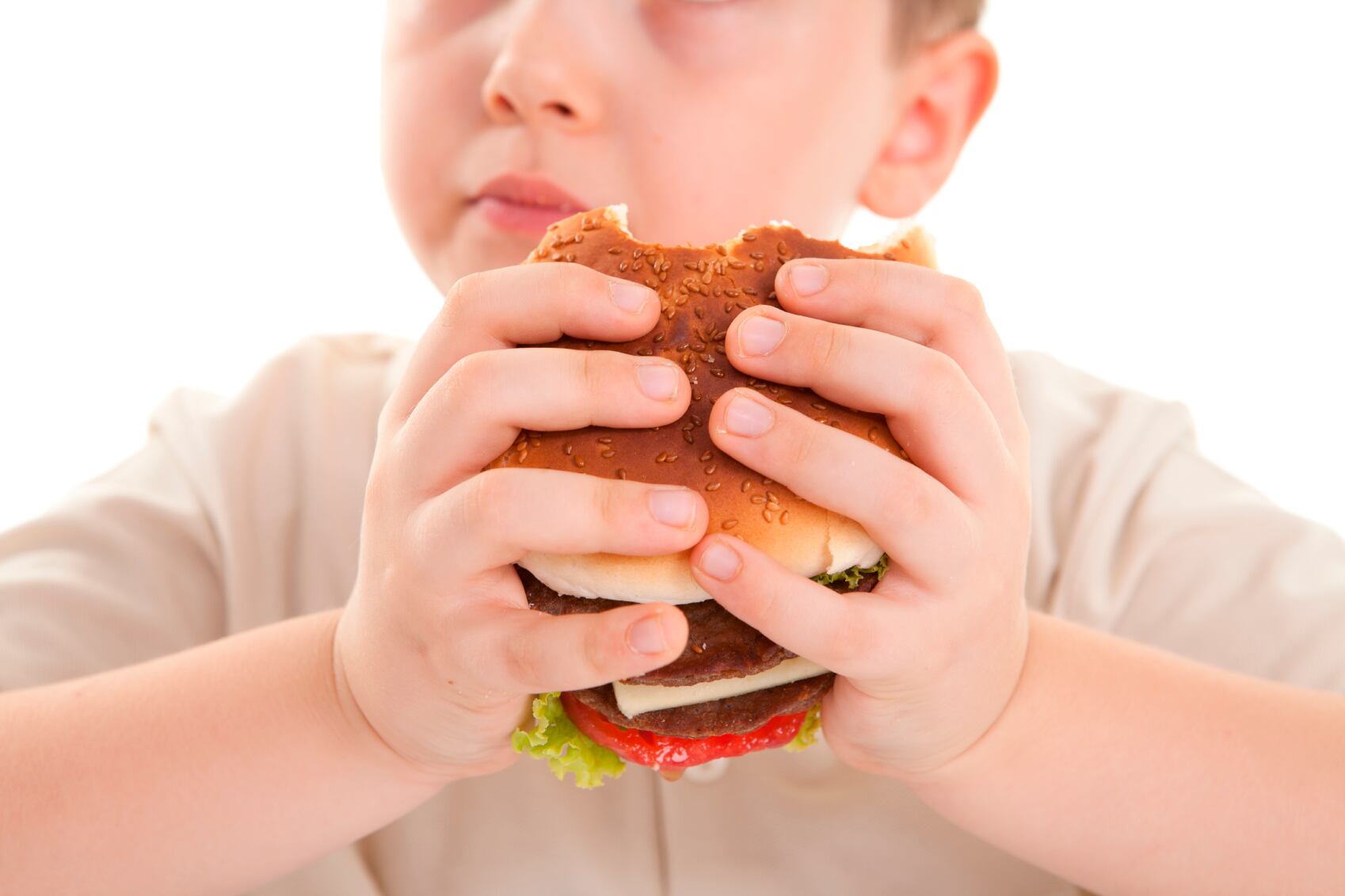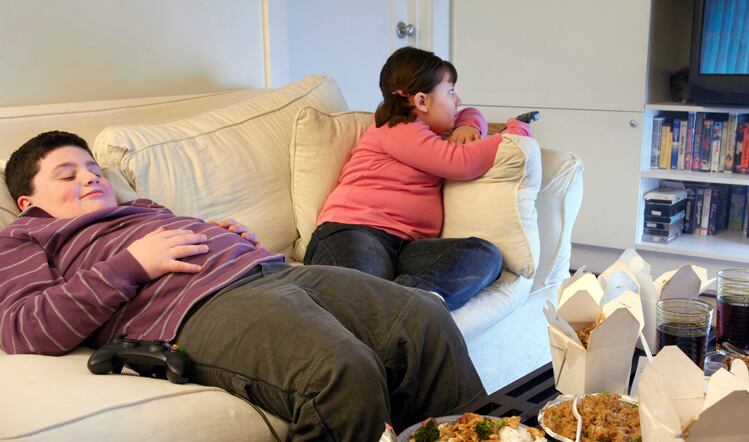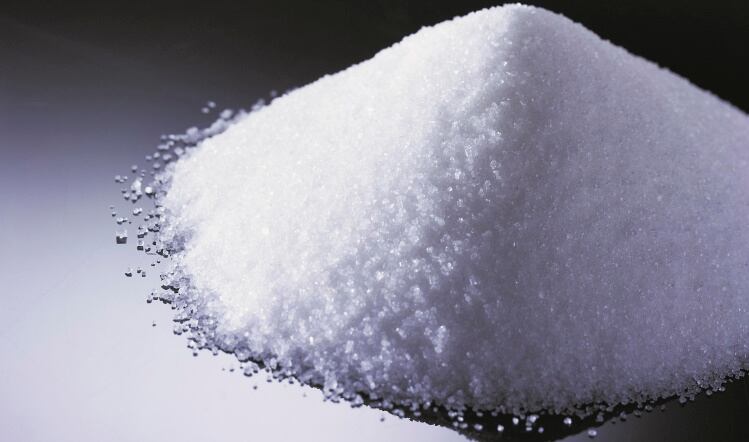Senior representatives of 19 food firms and trade bodies have signed a letter to Prime Minister Boris Johnson describing the timing of the consultation as 'frankly astonishing'. They claim a ban could severely affect small and medium-sized enterprises (SMEs) currently relying on social media channels such as Instagram to promote their products and bolster sales.
"Consumers frequently visit brand websites or engage via social media to find out more about products, especially when new healthier items are launched that have been reformulated. We have been shocked that the proposed advertising restrictions will police how producers describe their products on their own websites and social media channels, despite previous assurances that the Government had no interest in doing this.
"Furthermore, these restrictions disproportionately impact SMEs, who make up 96% of our industry. Again, is it really the Government’s intention that a local wedding cake business, for example, would not be able to share product details on its Instagram account in order to grow its sales?"
Timing couldn't be worse
The letter - dated 20 November - argues the timing of the consultation's launch couldn't be worse, as the industry grapples with the pandemic and preparations for the end of the Brexit transition period. It lends weight to the initial pushback to the proposals.
"The sheer volume of critical work facing food companies in the next few weeks means that at this time we simply cannot give this consultation the resource it deserves and demands. Something will have to give.
"The timing of this consultation is frankly astonishing, especially as the Government’s stated ambition is to introduce these proposed advertising restrictions at the end of 2022. There is no reason to introduce this consultation and demand submission responses with such haste while effectively limiting our opportunity to respond, especially before the end of December."
Proposals 'lack detail and efficacy'
The signatories argue that, while the Government has committed itself to evidence-based policy making, the proposals lack 'detail and efficacy'. There is also no agreed definition of which foods the Government is including in the proposals, it claims.
"We want to assure you of our desire to work in partnership and repeat our shared ambition to drive a step change in obesity rates. But as a matter of urgency we ask that an extension is given to the closing date of this consultation.
"We also ask for the opportunity to meet with you and the Number 10 health policy team once resource on both sides allows, to discuss alternative approaches that could be considered which would achieve the Government’s aim of reducing child exposure to advertising, without imposing complete bans across the internet and other unnecessary restrictions.
Case study: Grenade
Sports performance and nutrition brand Grenade claims it is one of the firms that will be adversely affected by the Government's proposals.
Under the Government's current Nutrient Profile Model (NPM), Grenade's Carb Killa bars score 'less healthy', the same as traditional confectionery bars, despite both product types having very different compositions and health benefits.
Additionally, the current NPM calculation greatly – and disproportionately – affects products that score well for some components, such as protein and fibre, but bad for others, such as fats. Grenade claims its Carb Killa brand would be unfairly penalised for this.
“Government objectives are commendable, but measures to tackle obesity must be backed by a good understanding of nutrition," concluded Grenade sales director Phil Greenhalgh.
"Current proposed regulations make no distinction between healthy calories – from nutrients like protein – and unhealthy ones – from sugar. Consumers who want to choose a healthier alternative to a traditional chocolate confectionery bar shouldn’t be dissuaded from picking out high protein, low sugar options that are available to them.”
Soup, fruit juice and smoothies
The Interactive Advertising Bureau, which develops industry standards, conducts research, and provides legal support for the online advertising industry, said the proposed ban would not just affect products traditionally viewed as 'junk food'. "Pizza and burgers would be in scope, but also things such as soup, fruit juice and smoothies, crackers, rice cakes, pesto, mayonnaise and honey," it stated.
It also claims children's exposure to ads for such products is minimal: "Recognising that children are at greater risk of ‘harm’, industry bodies (through the Committee of Advertising Practice) reviewed the evidence relating to the impact of HFSS ads on children. Subsequently, new rules were added to the CAP Code in 2017 for all non-broadcast media.
"These mean you can’t advertise or market HFSS products in children’s media or content; you can’t target child audiences in other media; and your ad or marketing content can’t appeal to children. As a result, the evidence suggests that children’s exposure to HFSS ads is low - AA [Advertising Association] research showed that under-16s see less than 0.5 seconds of online HFSS ads per day, per child, and ASA [Advertising Standards Agency] research and rulings show that breaches of the rules are rare and often a result of human error."
Obesity strategy
The consultation on proposals for a total ban of online advertising for 'unhealthy foods' was launched on 10 November and will run until 22 December. The proposals were described as 'part of Government’s landmark obesity strategy to help everyone live healthier lives'.
"Research shows children are exposed to over 15bn adverts for products high in fat, sugar and salt (HFSS) online every year," the Government stated.
"Evidence shows that exposure to HFSS advertising can affect what children eat and when they eat, both in the short term by increasing the amount of food children eat immediately after being exposed to an advert, and by shaping longer-term food preferences from a young age.
Consultation will run for six weeks
"The new consultation, which will run for six weeks, will gather views from the public and industry stakeholders to understand the impact and challenges of introducing a total ban on the advertising of these products online, to help people live healthier lives and tackle childhood obesity."
The Government argues a total ban on online HFSS adverts would future-proof how the UK tackles childhood obesity. It claimed children aged from five to 15 now spend 20 minutes more online each day than watching TV and spend on online food and drink advertising had increased by 450% from 2010 to 2017.
Polling from 2019 suggested 72% of the public supported a 9pm watershed on 'junk food' adverts during popular family TV shows and 70% supported a 9pm watershed online.
Childhood obesity
Speaking at the launch of the consultation, public health minister Jo Churchill said: "It’s vital we build on the world-leading obesity measures announced in July to ensure our efforts to tackle childhood obesity have the greatest impact.
"We have already committed to restricting HFSS adverts on television before 9pm. But we also need to go further and address how children can be influenced online, where they are spending more and more of their time.
"This is part of a package of measures to help families. We want to support people of all ages to make healthier choices."
Signatories to food industry letter
Sarah Arrowsmith, chief executive, grocery, Associated British Foods;
Karen Dear, director of operations, Craft Bakers Association;
Philip Greenhalgh, director, Grenade UK;
Jon Hughes, managing director, UK & Ireland, Haribo;
Simon Litherland, chief executive officer, Britvic;
Cameron Mackintosh, managing director; Princes Limited;
Sebastian Munden, European vice president & general manager; Unilever;
David Murray, managing director, UK & Ireland, Pladis Global;
Kate Nicholls, chief executive, UKHospitality;
Ben Pearman, managing director, General Mills;
Nick Reade, interim general manager, Mars Wrigley UK;
Jason Richards, general manager, PepsiCo UK & Ireland;
Chris Silcock, vice-president and head, Kellogg’s UK & Ireland;
Phil Smith, director general, ISBA;
Louise Stigant, UK managing director, Mondelez International;
Mark Thorpe, chief executive, KP Snacks;
Stephen Woodford, chief executive, Advertising Association;
Jon Woods, president, Food & Drink Federation (FDF)
Ian Wright, chief executive, FDF




